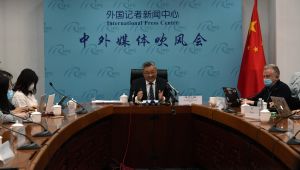In recent years, international relations and law scholars have increasingly debated the normative consequences of the ‘fragmentation’ of international law. More rarely have they studied empirically how tensions between overlapping systems of rules emerge, how conflicts are harmonized, and with what effects. In this presentation, Dr. Mallard will explain how his recent book, 'Fallout: Nuclear Diplomacy in an Age of Global Fracture' (University of Chicago Press, 2014) explores such dynamics in the case of the nuclear non-proliferation regime (NPR) complex.
Based on original archival fieldwork conducted in the private papers of American and European diplomats in the Cold War, 'Fallout' shows how Western states solved the tensions that existed between contradictory commitments contracted in the European Atomic Energy Community (Euratom) Treaty and the Nuclear Non-proliferation Treaty in 1968 (NPT). 'Fallout' also explores how Western diplomats have tried to lessen the tensions between regional and global orders in the case of other NPT outliers (e.g., Israel, India and Pakistan), and which effects derived from their efforts. In addition, Dr. Mallard will bring in the discussion new research on how recent attempts to fight proliferation financing efforts under UNSCR 1540 have articulated themselves with the NPT regime, and whether we can say that they have complemented or, on the contrary, threatened prior regimes.


